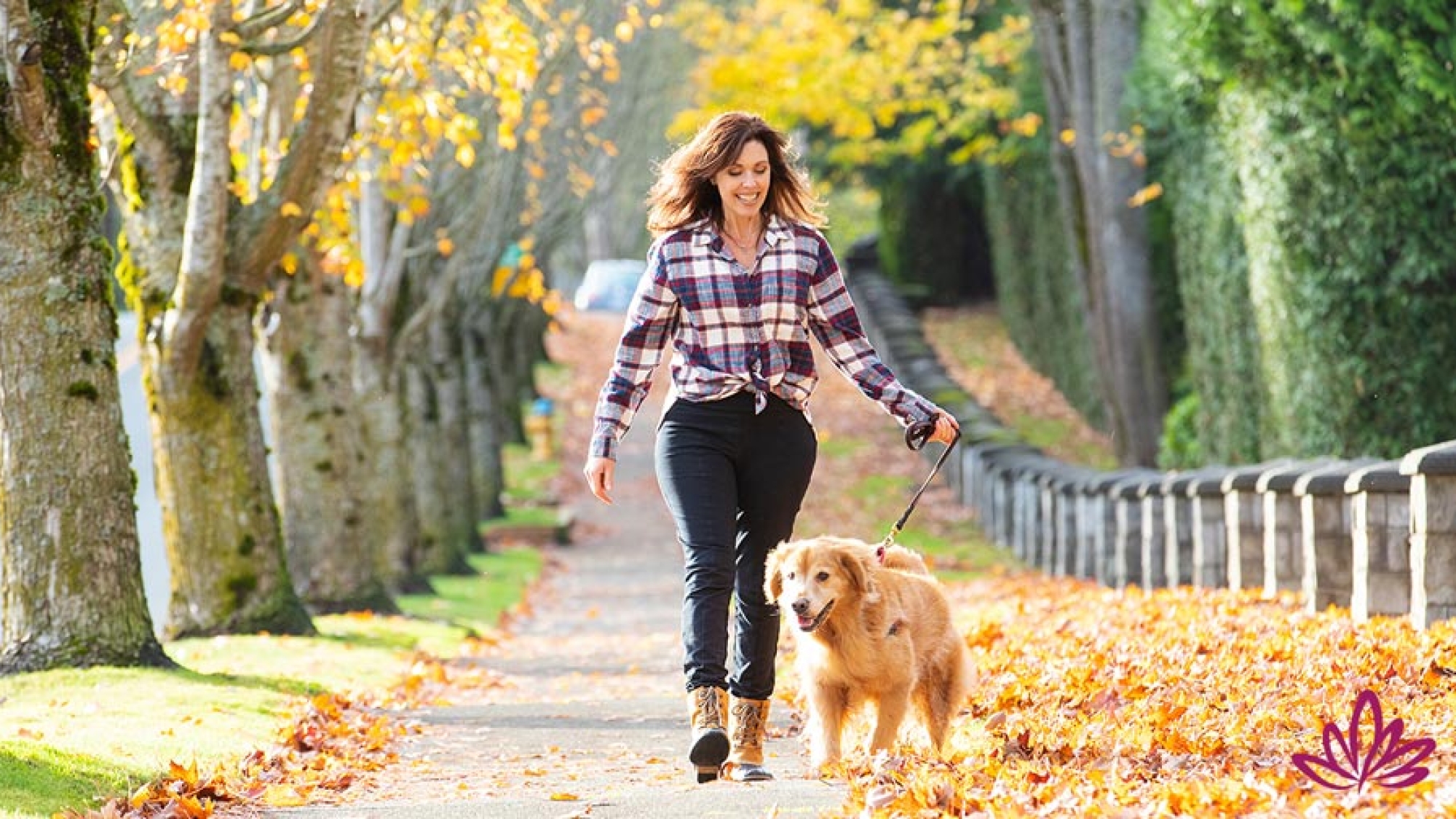Today Is Take a Hike Day!
Nietzsche said “All truly great thoughts are conceived while walking.” Going beyond the 19th century philosopher, I would add that walking will not only let you think great thoughts, but will also relieve you of the stressful ones. And who doesn’t need that these days?
You might be having trouble sleeping these days, with all that’s happening in the world with the pandemic its personal fallout for you. You’re stuck at home a lot—hunched over a laptop, sitting in front of the TV, sitting around the table eating more than you should. Sitting, sitting, sitting.
Where are you going to go? You used to walk through airports on your way to someplace other than home, but not now. No walking up and down the aisles of the grocery store: your groceries get delivered. No walking even from the car to a restaurant, as meals get delivered right to your car or your home. Amazon delivers everything and anything; all you have to do is walk to your front door. Doctors get delivered to your screen for telemedicine, and you only have to move as far as your computer to sit in front of Zoom for a business meeting (remember, you can be seen!).
Do you know what’s happening to your body as you sit, sit, sit? According to studies analyzed by the Mayo Clinic, those who sit for more than eight hours a day without much body movement have a similar risk of dying to smokers and the obese. Sitting for long periods increases blood pressure, high blood sugar, abnormal cholesterol levels, and leads to excess fat around the waist—all together, it’s known as metabolic syndrome.
The good news, from studies of more than 1 million people, is that 60 minutes of moderate physical activity each day can counter the problems posed by too much sitting. Stand up every 30 minutes—stretch, walk around for 5 minutes. Stand a bit when you are on the phone or watching TV. Look into whether or not a standing desk would work for you; they are very affordable. 5 minutes here, 5 minutes there, and voilá, you’ll have an hour by days-end.
You’ll burn calories (in studies, women who walk had less body fat than those who don’t), maintain your muscle tone, and improve your ability to move as you age as well as your mental well-being. As researchers at NMHU (New Mexico Highlands University) found: “The foot’s impact during walking sends pressure waves through the arteries that significantly modify and increase the supply of blood to the brain.”
Walking is a cardio exercise that is low-impact on your joints. If you haven’t been much of a walker before, start slowly, going just a block or two. Work up to 30 minutes a day of walking, less time than it takes to cook a meal. Even a short walk each day strengthens your heart and lungs, and reduces your risk of heart disease, diabetes, and osteoporosis.
And it reduces stress. Walking releases those natural painkilling endorphins, lifting your mood and making the day sunnier inside you. And you’ll be far more able to do away with insomnia if you’ve had a good walk.
Last, but far from least, walking gets you out of the house and into the natural world. If you’re in a rural environment, take note of the rhythms of nature—the colors of fall leaves, the crisp air, the flight of birds. Even in an urban area, you can still find trees and plants. Connect to the natural flow and beauty around you. Walk in the early morning to sing along with the birds. Walk at sunset to bathe in the glory of colors. Walk at night and absorb some lunar energy. John Muir, the great naturalist, said, “In every walk with nature one receives far more than he seeks.”
It takes no special equipment. It doesn’t cost anything. It doesn’t require a lot of planning, or athletic ability. As an old proverb says, “one step at a time is good walking.” Just get up, grab your house key, put on a hat and mask, and go for it!

